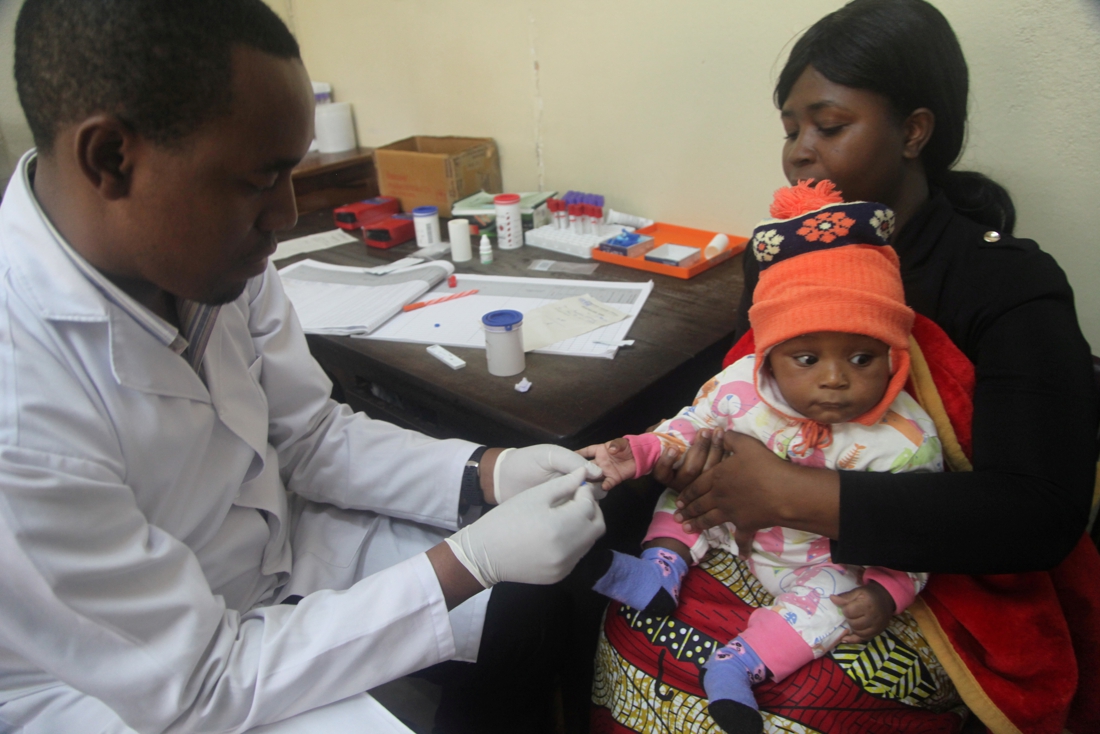A malaria vaccine developed by the University of Oxford has achieved 77 percent efficacy in a clinical study. Although it is still a small study, with 450 children aged 5 to 17 months in Burkina Faso.
–
The candidate vaccine called R21 / Matrix-M achieved efficacy in a second phase of a clinical trial, the university said. Independent experts have not yet verified the analysis. Now a larger study (phase 3) is to follow in several African countries.
The World Health Organization (WHO) prescribes an efficacy of at least 75 percent.
The disease is considered one of the leading causes of infant mortality in Africa. According to the WHO, the disease leads to 400,000 deaths every year, 270,000 of which are children. 229 million cases were registered in 2019 alone.
Professor Adrian Hill of the University of Oxford is hoping for an emergency admission. To the British newspaper The Guardian, the professor says he hopes to be able to reduce the 400,000 deaths to tens of thousands in the next five years.
According to the researchers, the test results are a breakthrough because it is the first time that a safe malaria vaccine meets the effectiveness standard of the World Health Organization, the Dutch newspaper AD online reports. The WHO states that a vaccine is “successful” at an effectiveness of 75 percent. The most effective vaccine – so far – had an effectiveness of only 55 percent in African children.
–


